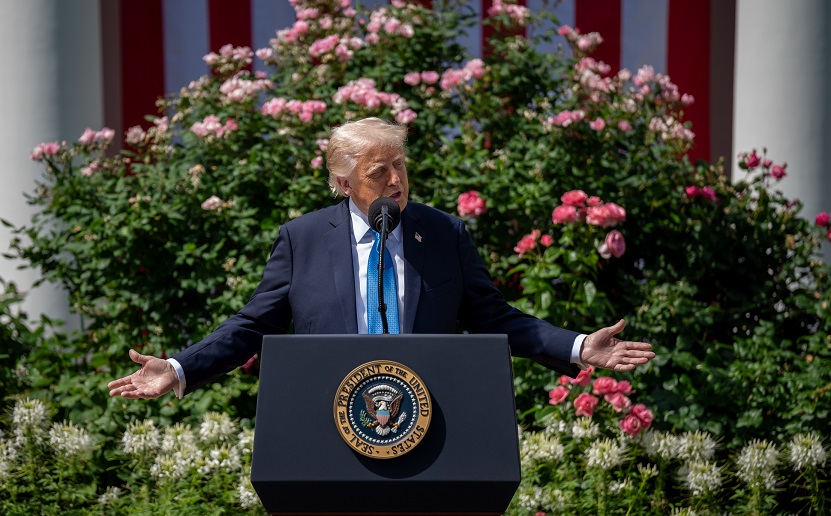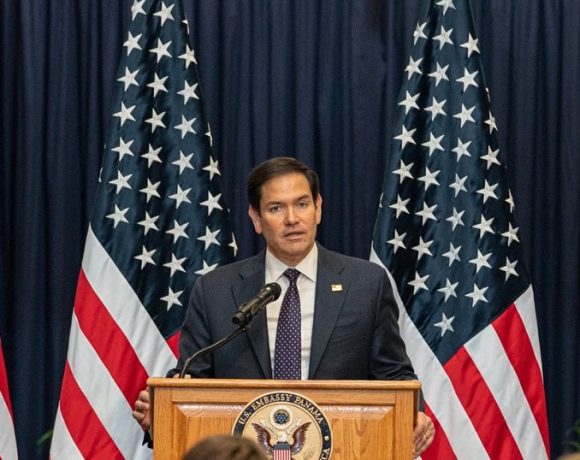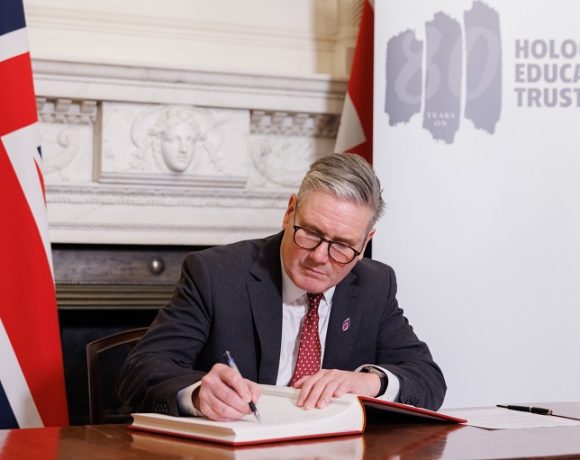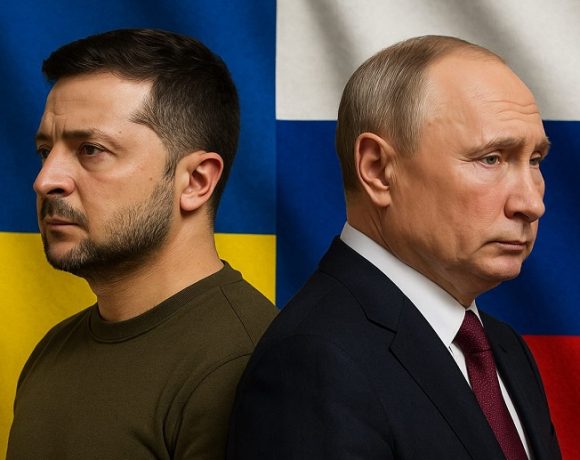
Trump Backs Off Ceasefire Claim After Modi Pushback
U.S. President Donald Trump has dialed back his claim of mediating the recent ceasefire between India and Pakistan, following a direct intervention by Indian Prime Minister Narendra Modi. Trump initially asserted he played a key role in halting the escalation during a meeting with Pakistan Army Chief General Asim Munir at the White House. However, after a strong rebuttal from India, he clarified that the ceasefire was ultimately the decision of the two nations’ leaders.
In his earlier statement, Trump said he had “stopped the war” and credited General Munir and Prime Minister Modi for working towards de-escalation. He framed the event as a diplomatic success achieved through his outreach. But following a phone call from Prime Minister Modi, who firmly rejected any claims of third-party mediation, Trump acknowledged that “two very smart leaders” — Modi and the Pakistani leadership — independently decided to step back from confrontation.
Trump Claim
Modi reportedly made it clear during the call that India’s position on such matters remains consistent: no external power is authorized to mediate between India and Pakistan. The ceasefire, which was declared on May 10 following a volatile exchange along the Line of Control and beyond, had been the outcome of direct military communication between the two sides. India emphasized that all coordination was managed through established backchannel contacts between the Director Generals of Military Operations (DGMOs), not via Washington.
Ceasefire Reversal
India’s Foreign Secretary reaffirmed the government’s position, stating unequivocally that no trade negotiations or ceasefire deals involved the United States. The Indian side maintained that national security matters must be handled autonomously and without foreign interference. The rebuke underlined India’s long-standing rejection of any external mediation on issues relating to Pakistan.
Trump’s revised tone came after public and diplomatic pressure mounted in the wake of his initial claim. By walking back his statement and acknowledging the leadership of India and Pakistan in resolving the standoff, Trump tacitly recognized the diplomatic limits of external actors in South Asia’s tense security landscape.
Indo-Pak
The episode has reignited scrutiny over the nature of U.S.–Pakistan military ties, especially as Trump hosted Pakistan’s army chief without accompanying civilian representatives — a move seen as signaling American interest in engaging Pakistan’s military establishment directly. Meanwhile, India continues to assert that its sovereignty and strategic independence remain non-negotiable, particularly in matters of regional security and counterterrorism.
The diplomatic correction also serves as a reminder of the sensitivities involved in any attempt to attribute credit in South Asia’s conflict zones. With both India and Pakistan navigating their complex relationship, Modi’s intervention ensured that India’s role in shaping its own security decisions remains firmly under its control.


















